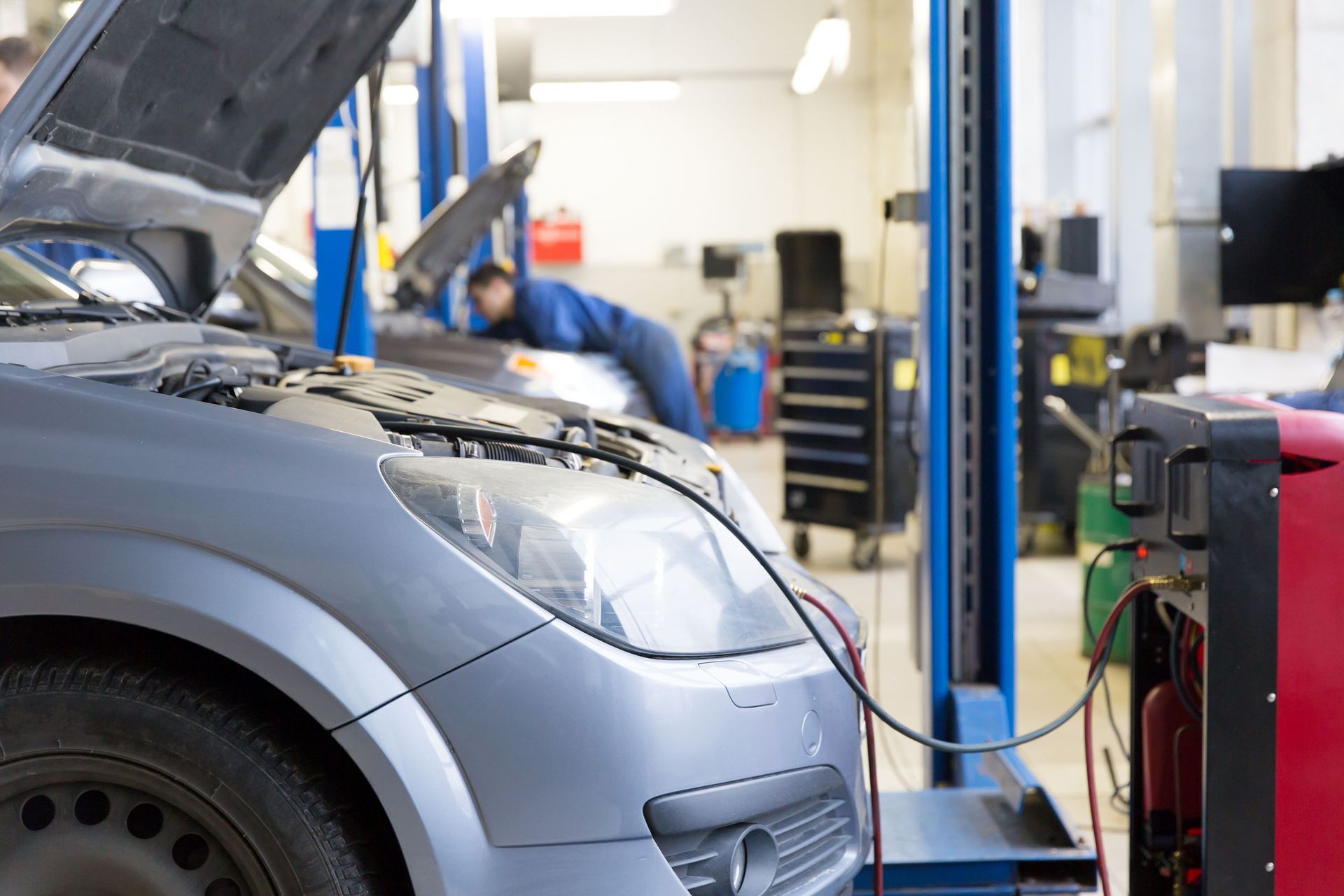What Are the Functions of a Car Radiator?
The car radiator is a vital component of your vehicle's cooling system, integral to maintaining optimal performance and efficiency. As the engine generates energy to power your car, it also produces heat as a byproduct, which can cause significant damage if not properly managed. A well-functioning radiator ensures that your vehicle runs at the right temperature, preventing overheating, which can lead to costly repairs and system failures.
Dissipating Heat
At the core of the radiator's function is its ability to dissipate heat from the engine. As the coolant circulates through the engine, it absorbs heat, which the radiator subsequently releases into the atmosphere. This heat exchange process is vital for avoiding engine overheating, and ensuring the longevity and efficiency of your vehicle. Balancing the engine's temperature helps optimize fuel consumption and minimize emissions, which is essential for both environmental and economic reasons. The radiator's ability to regulate temperature plays a major role in maintaining your car's fuel efficiency and overall performance.
Maintaining Pressure in the Cooling System
In addition to cooling, the radiator plays a role in maintaining pressure within the cooling system. By ensuring a closed and pressurized environment, the radiator helps increase the boiling point of the coolant, preventing it from evaporating at standard operating temperatures. This pressurized system is critical as it prevents coolant loss and ensures consistent engine temperature regulation. The radiator’s design, which incorporates pressure valves, makes it essential for preventing costly damage to the engine. According to Synchrony, the cost to replace a radiator is typically about $700 to $1,000, though prices can vary depending on a multitude of factors. That's why you must invest in the proper maintenance to ensure your radiator lasts.
Eliminating Air Bubbles and Ensuring Efficiency
The radiator also contributes to vehicle performance by eliminating air bubbles and other vapors from the coolant. Air and vapor pockets can significantly reduce the efficiency of heat exchange, leading to uneven cooling and potential hotspots within the engine. By expelling these trapped gases, the radiator ensures a smooth and effective flow of coolant through the engine block, thus safeguarding engine integrity and performance. This process helps maintain the vehicle’s ability to run smoothly, reducing the risk of engine strain and damage caused by fluctuating temperatures.
The
car radiator is much more than just a component of the cooling system; it is a crucial part of keeping your vehicle running efficiently and reliably. Regular maintenance and timely repairs can keep your radiator and your vehicle performing their best for years to come. Contact Portell Radiator LLC to make an appointment.
Learn More About
Portell Radiator LLC
Located in De Soto, MO, Portell Radiator LLC specializes in custom radiators and radiator repairs. Honor manufacturer warranties. Over 41 years of experience. Free quotes. Call today.
Serving Area
Serving the Midwest
Business Hours
- Mon - Fri
- -
- Sat - Sun
- Closed



Share On: